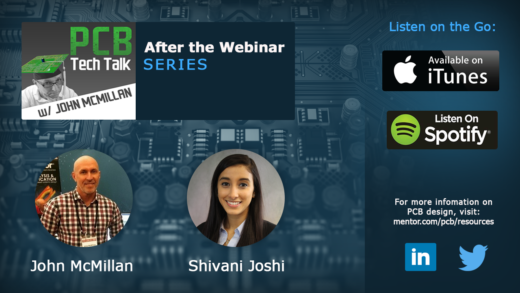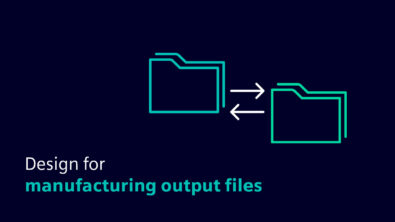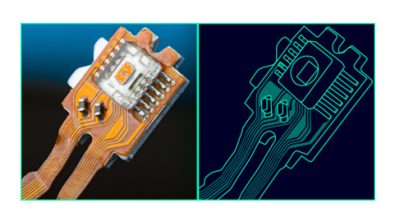“After the Webinar” Podcast: DFM FAQs
Thanks for tuning in during the PADS Professional Design for Manufacturing webinar! If you haven’t had a chance to watch the recording, you can view it the On-Demand here.
In this webinar, I covered some of the typical issues engineers run into with DFM, helpful checks designers can run, and output files generated with PADS Professional. We received some great questions during the live event and even some inquiries after. All questions were addressed in our recent PCB TechTalk podcast, but I’ve collected a few FAQs to share below:
What’s the difference between this and Valor NPI?
PADS Professional has a fairly large selection of DFF checks, options for panelization, easy to produce manufacturing outputs, etc. Valor NPI does all this and more. It works in any design flow to produce the more efficient new product introductions by running comprehensive tests and manufacturability analysis concurrent with the layout process.
I usually run DRCs. Why should I be running DFM checks too?
DRC checks are important to your design process because they aid in finding issues before it’s too late. In the same way, DFM checks allow you to pinpoint potential manufacturing issues before you send your board out to manufacturing. For example, if you are able to run a DFM check and find out there are some annular ring issues – which a DRC might not address – then you can fix the issue in the layout stage and save valuable time. If you weren’t able to run that check, you might end up sending a bad design to manufacturing and have to wait for them to come back with change proposals or worse you may end up with a bad product.
Is there support for IPC-2581?
Yes, there is. IPC-2581 enables an export of the board design information for assembly and fabrication. You can generate this as an .xml file at the same time you generate an OBD++ file format by selecting IPC-2581 under the advanced options in the ODB++ dialog box.
Thanks for attending the DFM webinar and don’t forget to check out the PCB TechTalk “After the Webinar” Podcast series to hear me answer these and other questions that were asked during the webinar!



